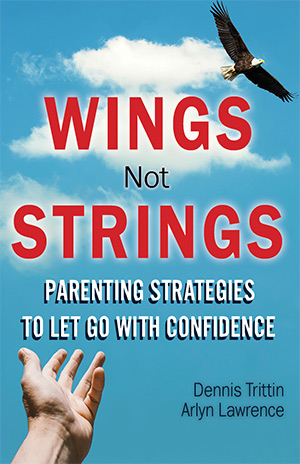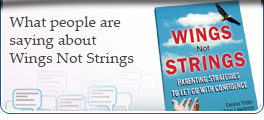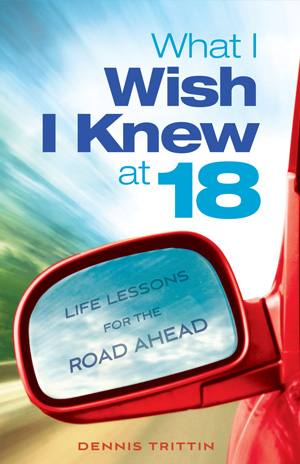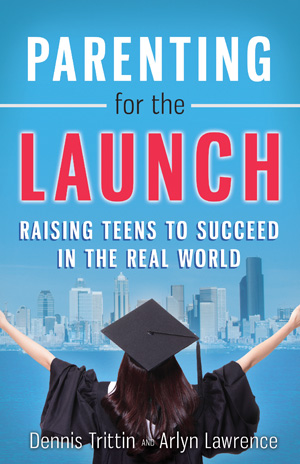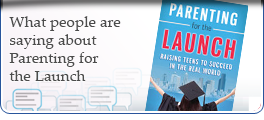Building Better Decision Makers
8/12/2020 10:59:27 AM
It is undeniable that the quality of our decisions has an enormous impact on our happiness, well-being, and life success. With the benefit of time and reflection, we can see how the cumulative effect of our decisions, both good and bad, has led us to where we are today. And, they have an enormous impact on where we will be tomorrow.
All of us guiding children have a special responsibility to develop their decision-making capability. (Not surprisingly, employers routinely cite decision-making and problem-solving ability as among the most important qualities they seek in their employees.) However obvious this sounds, it’s easier said than done. Among the challenges are:
- Our brains are wired differently. Some children are more analytic while others are more intuitive, creative, or impulsive. This greatly affects how we naturally make decisions.
- The types of decisions we make vary widely. Here are just a few examples:
- Yes or no. Here, our options are binary. We either do it or don’t.
- Multiple options. Here, we have several different choices, each of which have their advantages and disadvantages. Think college or career selection.
- Now or later. Here, our decision involves when. A good example is do I borrow money to buy a computer today or save up for it and purchase in the future.
- The context of decisions varies. Examples include our health (food we eat), finances (spending, investing, budgeting, charitable giving), career, relationships (friend selection), faith, activities/entertainment, time management, and a host of other arenas. Some lend themselves to objective criteria while others are highly subjective.
- Some are more consequential than others. The impact of choosing which outfit to wear to school pales in comparison with which career to pursue. This has major ramifications on the depth of research and consideration that ought to be applied to different decisions.
- Values may come into play. Some decisions will test our adherence to our core values and integrity. With children, this surfaces mightily in friend and activity selection. The consequences and potential regrets can be life altering.
- Educators are not always prioritizing decision-making skill development in the classroom. An increased focus on “teaching to the test” and varying course offerings and instructional methods naturally leads to inconsistencies in outcomes. It also produces a false sense of adult readiness in our students that reveals itself after high school.
- Parents are missing out on opportunities to build these skills. With control-based parenting approaches such as helicoptering now widespread, many parents are making decisions or micromanaging children in ways that are contrary to building independence and decision capability. It is also breeding a fear of failure mentality in children.
What to do?
Here are some suggestions that can help build these critical skills:
- Provide exercises and homework that challenge students with real life decisions with varying outcomes. College and career selection, grocery shopping within a fixed budget to make a meal, and how to save up to purchase a car are excellent examples where critical thinking can be put to the test. It’s especially helpful to teach them to: 1) identify key decision variables, 2) analyze pros and cons (or costs and benefits) of different options, 3) and consider potential consequences of the various choices.
- Resist giving children “the answer” when they ask. As parents, it’s so easy to fall into the trap of solving their problems, making their decisions, and telling them what to do. We want to be helpful. It’s easier. We’ve been there, done that, and can swiftly give them the answer. However, a better approach is to thank them for asking but to have them think it through and offer their preliminary decision before you share your opinion. It not only builds their decision-making skill, but also demonstrates your confidence in them.
- Share the “why.” Some of us grew up in the “because I told you so” age of authoritarian parenting. It was certainly an efficient way to parent, but it didn’t build wisdom and perspective. One of the most common qualities of successful decision-makers is their ability to factor potential consequences of various choices. Teaching them how to make decisions and why they’re important makes training more relevant to our children.
- Give them opportunities to build skills. This can include activities or fun “what if” scenarios that make for energized classroom discussions or dinner table conversations. There are any number of ways you can foster critical thinking using real life examples. Review the life categories mentioned in point 3 (decision contexts) and create discussion topics. What factors are important in choosing a career and how will you approach it? What might be the consequences of spending most of your free time playing video games versus other options? What are the pros and cons of the various colleges you’re considering? How will you react if your values are tested at a party? What goals are most important to you and how will you achieve them? How will you save up for that car you want? What are the most important qualities you desire in a friend and how will you apply them in your relationships? How can we save more money as a family to fund our summer vacation? You get the idea.
- Share your experiences. What key decisions have you made and how have they turned out? What lessons did you learn from decisions that didn’t turn out well? With perfect hindsight, could you have approached it differently? (Note, sometimes we give it our best thinking, but things just don’t go our way, and that’s okay!)
Let’s all commit to seeking out creative opportunities to sharpen these skills in our children. It won’t take long for them to forget the facts they memorized to ace a test, but by teaching them how to make decisions, you can give them a gift for a lifetime.
Tagged as: decision making, choices, teens, parenting, life skills, college, what I wish I knew at 18, raising teens, teenagers, college readiness, career readiness










